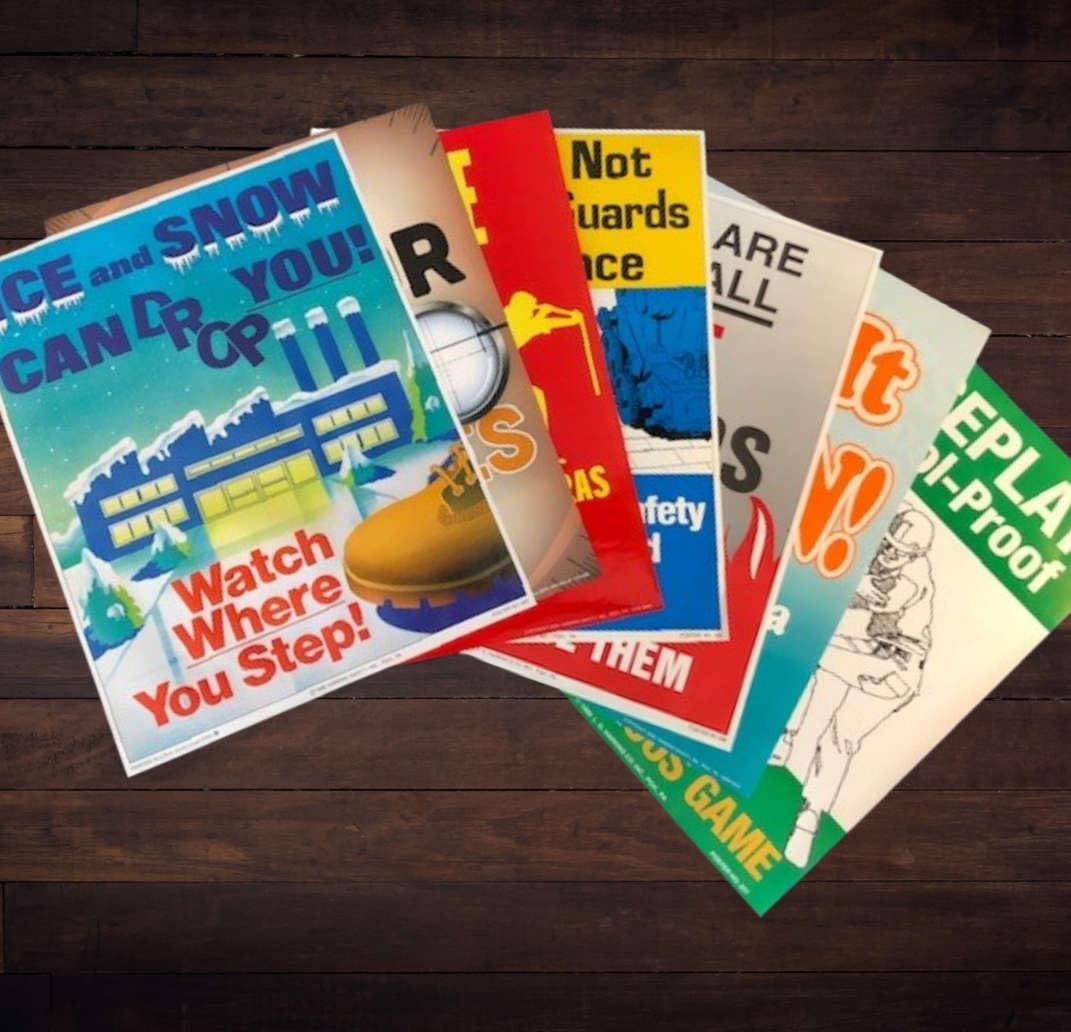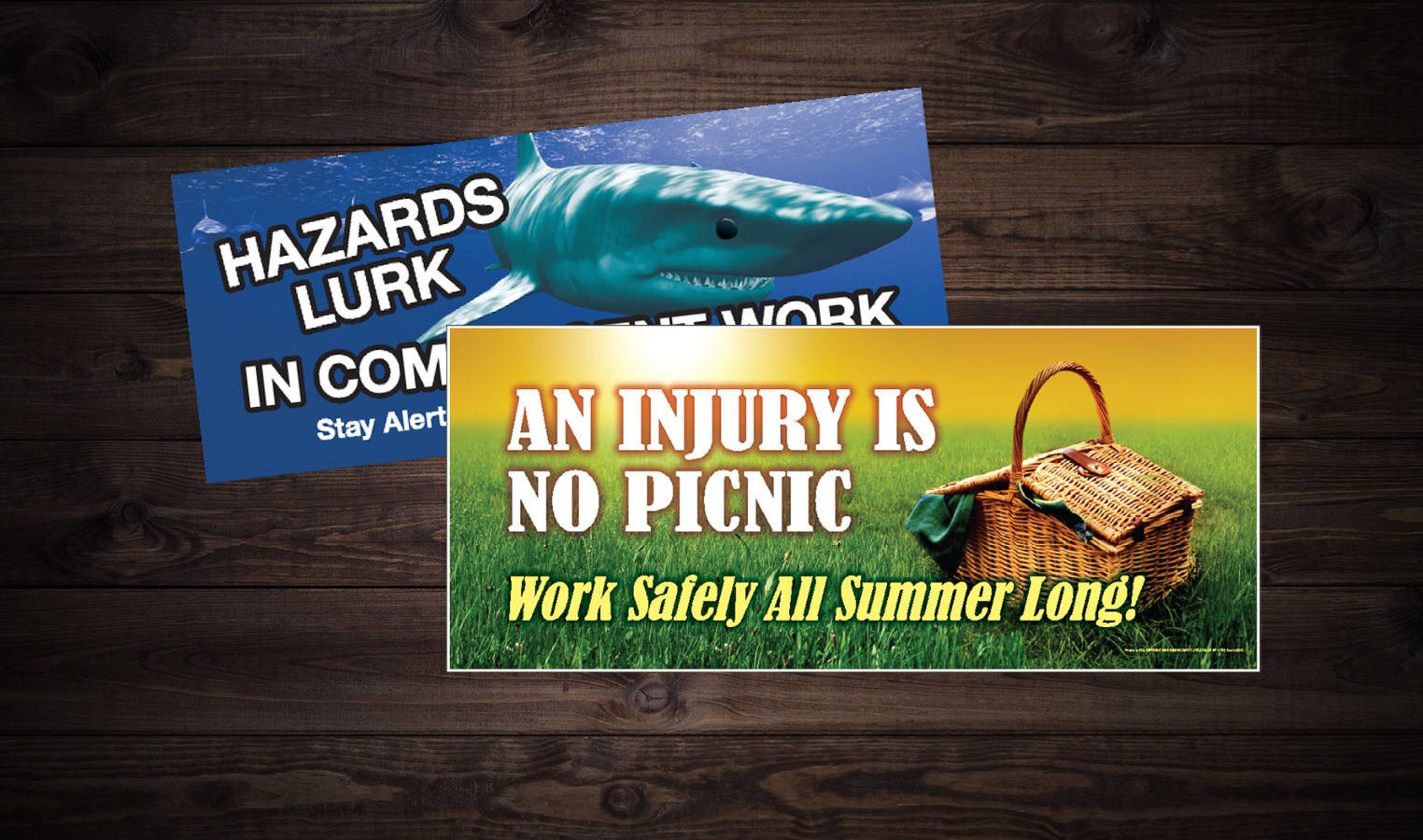Free Diving
Take a deep breath. Now hold it as long as you can underwater. That’s the essence of free diving. It’s one of the new breed of extreme sports—filled with challenges and dangers. But this extreme sport is actually over 2,000 years old.
The pearl divers of ancient Japan would dive underwater to great depths for minutes on end searching for pearls. Ama divers, as they were called, didn’t have the benefits of scuba tanks, so they trained their bodies and minds to go for long periods without breath.
Free divers today do much the same. As a modern competitive sport, free diving is the invention of the Bottom Scratchers, a dive club in San Diego that started in the 30s. But what’s really fascinating is the variety of free diving competitions.
There’s underwater rugby, hockey and spear fishing, even synchronized underwater swimming and so-called mermaid shows. The premier free diving sport, though is breath-hold diving . In this sport, highly trained competitors attempt great depths on a single breath.
These elite athletes train their bodies to adapt. The pulse rate drops. Blood vessels shrink as blood rushes to the heart and lungs. And the spleen releases oxygen rich red blood cells. Free divers start with a one-minute breath hold while at rest and progress to holding the breath while walking. Gradually they test themselves underwater at greater and greater depths. The body is a marvel of adaptation and free divers make use of that in their training.
While training may help divers increase lung capacity, no amount of physical training can protect your lungs from the chemicals, dust particles and other hazardous inhalants that we might encounter on the job. That’s why it is crucial to choose the right respirator when one is called for, make sure it fits properly, and be sure to store it properly for optimum protection.
Workers sometimes make the mistake of going without a respirator, thinking that they will be able to smell airborne hazards. But the fact is, many dangerous and even deadly chemicals are odorless. If you think that your nose always knows, you might make a tragic mistake.
Why take the risk? Let’s leave life threatening exploits to the daredevils. On the job, our priority is safety and that means using a respirator. Arguing otherwise is just wasting your breath.
Save Your Breath…
Keep Your Respirator Ready!
*Copyright 2008 Harkins Safety (B-241)





